The American elite is almost beyond redemption. . . . Moral relativism has set in so deeply that the gilded classes have become incapable of discerning right from wrong. Everything can be explained away, especially by journalists. Life is one great moral mush--sophistry washed down with Chardonnay. The ordinary citizens, thank goodness, still adhere to absolutes.... It is they who have saved the republic from creeping degradation while their 'betters' were derelict. - Charles Dickens
The essence of sophistry is to shape public opinion by skillful mastery of persuasive speaking without regard for any considerations of truth. As Dickens so eloquently articulated, sophistry is the currency of the elite within our society. They pray on perceived ignorance and bask in their perceived superiority over the common man. No where is this more present that in the way pharmaceutical companies, governments, academia and the media dismiss any and all concerns of their obvious intertwined conflict of interests.
They all rely upon each other to reinforce their sophistry because they are reliant on the financial incentives that have taken over “evidence based medicine”. The average person knows that something is deeply corrupt in our system of medicine, even if they aren’t familiar in the ways in which the corruption is pulled off. I am go to walk you through some of the most common ways trust in the scientific process has been undermined via influence peddling.
Ghostwriting and Ghost Management
Pharmaceutical companies often employ sophisticated marketing strategies to promote their products, prioritizing profit over patient well-being. This is evident in the practice of ghostwriting, where pharmaceutical companies hire writers to produce favorable research articles that are then published under the names of reputable scientists. This creates an illusion of independent validation and skews the scientific literature in favor of the company's products, undermining the integrity of medical research.
“Ghostwritten articles are strategically placed and designed to give the publications the appearance of objectivity when in fact they conceal pervasive conflicts of interest. The whole process of publication planning designed by industry is described by Sergio Sismondo as “ghost management,” of which the ghostwriting is only one component of an invisible process (Sismondo, 2009). The companies use medical writers to prepare manuscripts for publication.”
For instance, the infamous Study 329 on the antidepressant paroxetine was ghostwritten by a writer hired by GlaxoSmithKline (GSK), which led to the drug being marketed as safe for adolescents despite later findings that contradicted this claim. I will get into more detail about this later but first, look at what these authors found in their 2015 meta-analyses looking at industry involvement in literature for antidepressants:
“We identified 185 eligible meta-analyses. Fifty-four meta-analyses (29%) had authors who were employees of the assessed drug manufacturer, and 147 (79%) had some industry link (sponsorship or authors who were industry employees and/or had conflicts of interest). Only 58 meta-analyses (31%) had negative statements in the concluding statement of the abstract.”
Almost 80% has some industry link, that is an absurd number when we are talking about treating people suffering from depressive disorders. How are we supposed to trust they are doing the right thing when an overwhelming percentage of those involved in these studies have direct financial incentives to cast them in a positive light?
Selective Publication
Selective publication involves publishing only positive results while suppressing negative or inconclusive findings. This creates a skewed view of a drug's efficacy and safety. For example, a meta-analysis found that industry-sponsored trials reported favorable outcomes 78% of the time, compared to 48% in independently funded trials. This selective reporting can mislead clinicians and patients about the true effectiveness of treatments.
According to a review that Scientific American highlighted:
“Meta-analyses by industry employees were 22 times less likely to have negative statements about a drug than those run by unaffiliated researchers. The rate of bias in the results is similar to a 2006 study examining industry impact on clinical trials of psychiatric medications, which found that industry-sponsored trials reported favorable outcomes 78 per cent of the time, compared with 48 percent in independently funded trials.”
Manipulation of Clinical Trial Data
Pharmaceutical companies often manipulate clinical trial data to produce favorable results. Techniques include cherry-picking data, using inappropriate statistical methods, and designing studies in ways that are likely to produce positive outcomes.
Lets have a look at this with perhaps one of the most famous contemporary examples, GlaxoSmithKline’s Study 329.
Study 329 was a clinical trial conducted by SmithKline Beecham (now GlaxoSmithKline, GSK) to evaluate the efficacy and safety of paroxetine (Paxil) in treating major depression in adolescents. The study, conducted between 1994 and 1998, became infamous for its misleading conclusions and the subsequent harm it caused to young patients.
One of the most egregious aspects of Study 329 was the use of ghostwriting. The published article, which appeared in the *Journal of the American Academy of Child and Adolescent Psychiatry* in 2001, was ghostwritten by Sally Laden of Scientific Therapeutics Information, Inc., but credited to prominent academics like Martin Keller. This gave the false impression of independent validation. The ghostwritten article concluded that paroxetine was "generally well tolerated and effective for major depression in adolescents”, despite the data showing otherwise.
The original data from Study 329 revealed that paroxetine was neither safe nor effective for adolescents. The reanalysis of the data, published in the *British Medical Journal* (BMJ) in 2015, showed no significant difference between paroxetine and placebo in terms of efficacy. Moreover, the reanalysis uncovered a significant increase in adverse events, including suicidal ideation and behavior, in the paroxetine group. The original publication had underreported these adverse events, listing only five cases of suicidality in the paroxetine group, whereas the reanalysis found twelve.
Here is what the BMJ had to say:
“Neither paroxetine nor high dose imipramine showed efficacy for major depression in adolescents, and there was an increase in harms with both drugs. Access to primary data from trials has important implications for both clinical practice and research, including that published conclusions about efficacy and safety should not be read as authoritative. The reanalysis of Study 329 illustrates the necessity of making primary trial data and protocols available to increase the rigor of the evidence base.”
An article in New Scientist that was published a month later in September 2015 further elucidated the extent of the misrepresentation of the data:
“Now GSK has given independent researchers access to the study’s data set. Sifting through it, David Healy, a psychiatrist at the Hergest Unit in Bangor, UK, and his team found 15 instances of suicidal behaviour among 12 teenagers taking the drug, compared with four in the similarly sized placebo group (BMJ, DOI: 10.1136/bmj.h4320). The company’s trial reports had suggested only 10 instances in those taking paroxetine.”
Furthermore an article in the Journal of Evaluation in Clinical Practice discusses the crisis being caused via selective publication, using Study 329 as an example:
“Further evidence of biased data comes from court cases against pharmaceutical companies. In 2012 GlaxoSmithKline (GSK) was fined a record $3 billion for multiple criminal and civil offenses including the unlawful promotion of medicines, failure to report safety data and false reporting 43. This included creating ‘misleading journal articles’, falsely claiming efficacy for paroxetine (an SSRI) in under 18 year olds and non-disclosure of negative trials. In fact there was no evidence of paroxetine efficacy for teenagers and a small but real increased suicide risk 44. GSK was also charged with creating ‘sham advisory boards and supposedly independent CME programs.”
Regulatory and Ethical Failures
None of this would have happened if the regulatory apparatus performed its duties the way it is mandated to do. The failure of regulatory bodies to act on the misleading data from Study 329 highlights a significant issue in the oversight of clinical trials. Despite the reanalysis and the clear evidence of harm, the original study has not been retracted, and its misleading conclusions continue to influence clinical practice. Much has been written about it but their refusal to retract it speaks to just how entrenched these journals and regulatory bodies are with the pharmaceutical companies. For further reading on the significance of Study 329 I suggest you read this article.
Influence on Medical Education and Guidelines
Pharmaceutical companies also influence medical education and clinical guidelines. Many physicians obtain their new knowledge through sponsored seminars, where even the PowerPoint slides are often created by the pharmaceutical industry. This can lead to biased information being disseminated to healthcare providers. Additionally, industry sponsorship of clinical guidelines can result in recommendations that favor the sponsor's products. This is explained Trayer et.al in a 2022 article in the journal breathe:
“The influence of industry is present across all aspects of medicine including academic research, medical education, clinical guideline and formulary selection as well as to patients directly. This influence is present at numerous interconnected levels as mapped by Chimonas et al. [3]. It is important to note that the majority of new medical products and drugs are developed by industry and while individual researchers may have altruistic intentions, these companies do so in order to make a profit.”
The process of medical education shapes the attitudes, beliefs, and behaviors of future healthcare professionals, often through mechanisms of social influence. Social influence in medical education can manifest through various strategies employed by educators, such as informational, referent, and coercive power. Informational influence, for instance, relies on providing evidence-based information to trainees, which can be effective but requires the trainee's developmental readiness and motivation to engage with the material.
The impact of these educational strategies is profound, as they not only shape the professional competencies of medical students but also their ethical and empathetic approaches to patient care. Clinical guidelines, on the other hand, serve as a critical tool in standardizing medical practice and ensuring that patient care is based on the best available evidence. However, the development and implementation of these guidelines are fraught with challenges, particularly concerning the influence of commercial interests. When guidelines are swayed by the financial interests of pharmaceutical companies or medical device manufacturers, the recommendations may become biased, prioritizing profit over patient outcomes. This can lead to inappropriate treatments and erode public trust in the healthcare system. Therefore, it is crucial that guidelines are developed transparently and independently to maintain their integrity and effectiveness.
Suppression of Negative Results
Negative results of clinical trials are often not published because they have no commercial benefit. This suppression of negative findings can lead to an incomplete understanding of a drug's safety and efficacy. For instance, many negative results related to antidepressants were not published, leading to an overestimation of their benefits. Another example of this is Study CIT-MD-18: Citalopram in Pediatric Depression.
Study CIT-MD-18 was another clinical trial marred by data manipulation and ghostwriting. Conducted by Forest Laboratories, the study aimed to assess the efficacy and safety of citalopram (Celexa) in treating major depressive disorder in children and adolescents.
Similar to Study 329, the published results of Study CIT-MD-18 were ghostwritten and credited to academic researchers who had little to no involvement in the study. The ghostwritten article concluded that citalopram was safe and effective for pediatric depression, despite the data showing no significant difference between citalopram and placebo in the primary outcome measures.
This study did a good job of deconstructing what occurred:
“Deconstruction of court documents revealed that protocol-specified outcome measures showed no statistically significant difference between citalopram and placebo. However, the published article concluded that citalopram was safe and significantly more efficacious than placebo for children and adolescents, with possible adverse effects on patient safety.”
The deconstruction of court documents related to Study CIT-MD-18 revealed numerous instances of data manipulation. The published article included positive post hoc measures that were not part of the original protocol, failed to report negative secondary outcomes, and misleadingly analyzed adverse events. For example, the study reported an implausible effect size and included unblinded subjects in the efficacy analyses, which skewed the results in favor of citalopram.
This article I found by Mad In America says it all and is highly recommended reading:
This article by Mad In America is a must read on the topic and this quote from it, sums up the problem nicely:
“When the probability of having a ghostwritten, fraudulent, industry-sponsored clinical trial accepted for publication in a high-impact medical journal is substantially higher than the probability of having a critical, deconstruction of the same trial accepted there can be no confidence in the medical literature.”
The manipulation of data in Study CIT-MD-18 had serious implications for patient safety. The study failed to adequately report adverse events such as hypomania, agitation, and akathisia, which led to the discontinuation of the drug by numerous participants.
While conducting research for this article I came across a term I had never heard before, “The Systematicity Thesis”. It posits that scientific activity is characterized by a systematic approach to inquiry. This involves the use of standardized methods, rigorous data collection, and critical analysis to produce reliable and reproducible results. This systematic approach is essential for the advancement of medical knowledge and the development of effective treatments.
Philosopher Paul Hoyningen-Huene, who invented the term states, "Systematicity is the most general feature of science, distinguishing it from other kinds of knowledge". This systematic approach is what allows science to produce reliable and generalizable knowledge, which is crucial for evidence-based medicine. Unfortunately for the world this has all but been abandoned in favor of sophistry and finance which leads me to yet another key tenet in validating scientific research and that is at the core of much of evidence based medicines problems.
Reproducibility and Replicability
Reproducibility and replicability are central to the scientific method and are essential for validating research findings. Reproducibility refers to the ability of independent researchers to obtain the same results using the same methods, while replicability involves obtaining consistent results across different studies and contexts.
An extensive report published by The National Academies of Science, Engineering & Medicine explains its importance:
"The scientific enterprise depends on the ability of the scientific community to scrutinize scientific claims and to gain confidence over time in results and inferences that have stood up to repeated testing".
Without reproducibility and replicability, the credibility of medical research is severely compromised.
Transparency is another critical aspect of rigorous scientific inquiry. Transparency in the research process, including the disclosure of study protocols, data, and funding sources, is essential for ensuring the integrity of medical research. Many studies fail to provide sufficient transparency, which can lead to biased and unreliable results.
Pre-registration involves publicly registering the study protocol and analysis plan before the research is conducted, which helps prevent selective reporting and data manipulation. The World Health Organization (WHO), asserts:
"The registration of all interventional trials is a scientific, ethical, and moral responsibility".
This transparency is crucial for maintaining the trust of the scientific community and the public.
Ethical considerations are integral to the conduct of scientific research, particularly in medicine, where the stakes are high for patient safety and well-being. Ethical research practices are not only a moral obligation but also essential for the credibility and reliability of scientific findings.
Things like informed consent, the protection of vulnerable populations, and the responsible reporting of adverse events should be central to all decisions. Ethical lapses in research can lead to significant harm to patients and undermine public trust in medical science. The Declaration of Helsinki, states:
"The health of my patient will be my first consideration". This principle underscores the ethical responsibility of researchers to prioritize patient welfare in their work.”
The Role of Medical Journals
The revenue dependency of medical journals on pharmaceutical companies has led to a complex web of conflicts of interest that can compromise the objectivity and accuracy of published research.
One of the primary ways pharmaceutical companies exert their influence is through advertising revenue. Medical journals rely heavily on advertising from pharmaceutical companies to stay afloat financially. This creates a situation where journals are incentivized to publish studies that are favorable to the companies, even if the research is flawed or biased.
A study published in the Journal of the American Medical Association found that journals with higher advertising revenue from pharmaceutical companies were more likely to publish studies with positive outcomes for the companies' products.
“Journals have devolved into information laundering operations for the pharmaceutical industry”, wrote Richard Horton, editor of the Lancet, in March 2004. In the same year, Marcia Angell, former editor of the New England Journal of Medicine, lambasted the industry for becoming “primarily a marketing machine” and co-opting “every institution that might stand in its way”
Another way pharmaceutical companies influence medical journals is through the publication of industry-sponsored trials. These trials are often designed to produce positive results for the company's product, and the data is frequently manipulated to achieve this outcome. A study published in the New England Journal of Medicine found that industry-sponsored trials were more likely to have positive outcomes than trials sponsored by other sources.
Journals may be reluctant to publish studies that are critical of pharmaceutical products or companies, fearing loss of advertising revenue. This can result in the suppression of important safety information and the perpetuation of harmful medical practices. A study published in the Lancet found that pharmaceutical companies frequently withhold data from clinical trials, making it impossible for researchers to accurately assess the safety and efficacy of their products.
It also talks about how:
“Sometimes companies will conduct trials simply to get doctors to prescribe their drug. These “seeding trials” are often scientifically meaningless. They have no clear question and no controls. But they are conducted on a large scale, and “investigators” (often ordinary doctors, not researchers) are paid substantial sums to enter patients into the trial. A variant is a “switching trial” in which a doctor is paid to switch patients from their usual treatment to the new treatment. These sorts of trials will rarely make it into major journals, but many may be published somewhere—and then used to promote the drug with doctors, most of whom are scientifically naive.”
The pharmaceutical industry has significantly increased its investment in digital advertising over recent years, with a notable focus on various digital channels, including journals. In 2023, the health and pharma industry spent approximately $17.8 billion on digital advertising, and this figure is projected to reach nearly $20 billion by 2024. That amount of money cannot be ignored when assessing the potential influence it wields.
The financial relationships between the pharmaceutical industry and medical journals create multiple avenues for potential corruption in publishing. These include direct payments to editors, biased funding of clinical trials, financial dependence on advertising and reprints, and the use of ghost management and ghostwriting. These practices can undermine the integrity of medical research and erode public trust in the scientific literature.
One Hand Washes The Other
To finish up lets highlight “the revolving door phenomenon” between regulators and the pharmaceutical industry which refers to the frequent movement of individuals between positions in regulatory agencies and the pharmaceutical industry. This revolving door is the lifeblood of the sophists, as it allows them to create an insular club at the highest levels of leadership who ensure all of the aforementioned practices can continue unabated.
Studies have shown that a significant number of regulators leave their positions to work for pharmaceutical companies. For instance, a study found that nearly one-third of appointees to the Department of Health and Human Services (HHS) left their posts for new roles in the private sector, with about 15% having been employed in private industry prior to their appointment. Similarly, a study on the Food and Drug Administration (FDA) found that over a quarter of FDA employees who approved cancer and hematology drugs between 2001 and 2010 subsequently worked or consulted for biopharmaceutical companies.
As you can hopefully see, at this point we are stuck with a system of evidenced based medicine that has been wholly captured by industry and the only way to fix it is to drum of the political will to implement massive reforms. A task that is easier said than done considering the lobbying efforts put forth by the pharmaceutical industry and the death grip it has on all facets of medical science.
Now more than ever we must be vigilant to this corruption because as I type this, Big Pharma along with Big Government and Big Academia are developing “next gen” drugs based on mRNA technology that they hope to roll out to the world for almost any disease or ailments you can think of. The FDA’s “fast track approval” of drugs is only increasing and that means that the public gets to be guinea pigs for these new classes of drugs while the people involved in bringing them to market prematurely become fantastically wealthy at our expense.
This is a fixable problem but it starts with basic public awareness of it first and the sophists have done a masterful job at propagandizing the public to such an extent that they are willing to go along with virtually anything they say. The cards are stacked against us but if enough people refuse, positive change can happen and it starts with you dear reader.
We The Free is a reader-supported publication. To receive new posts and support my work, consider becoming a free or paid subscriber.




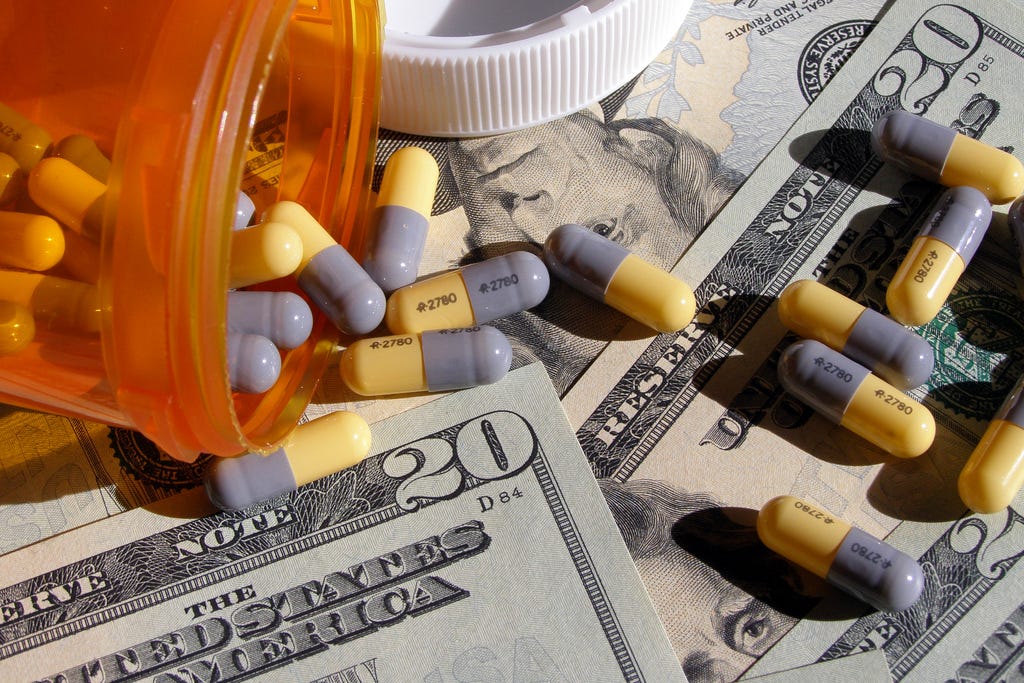


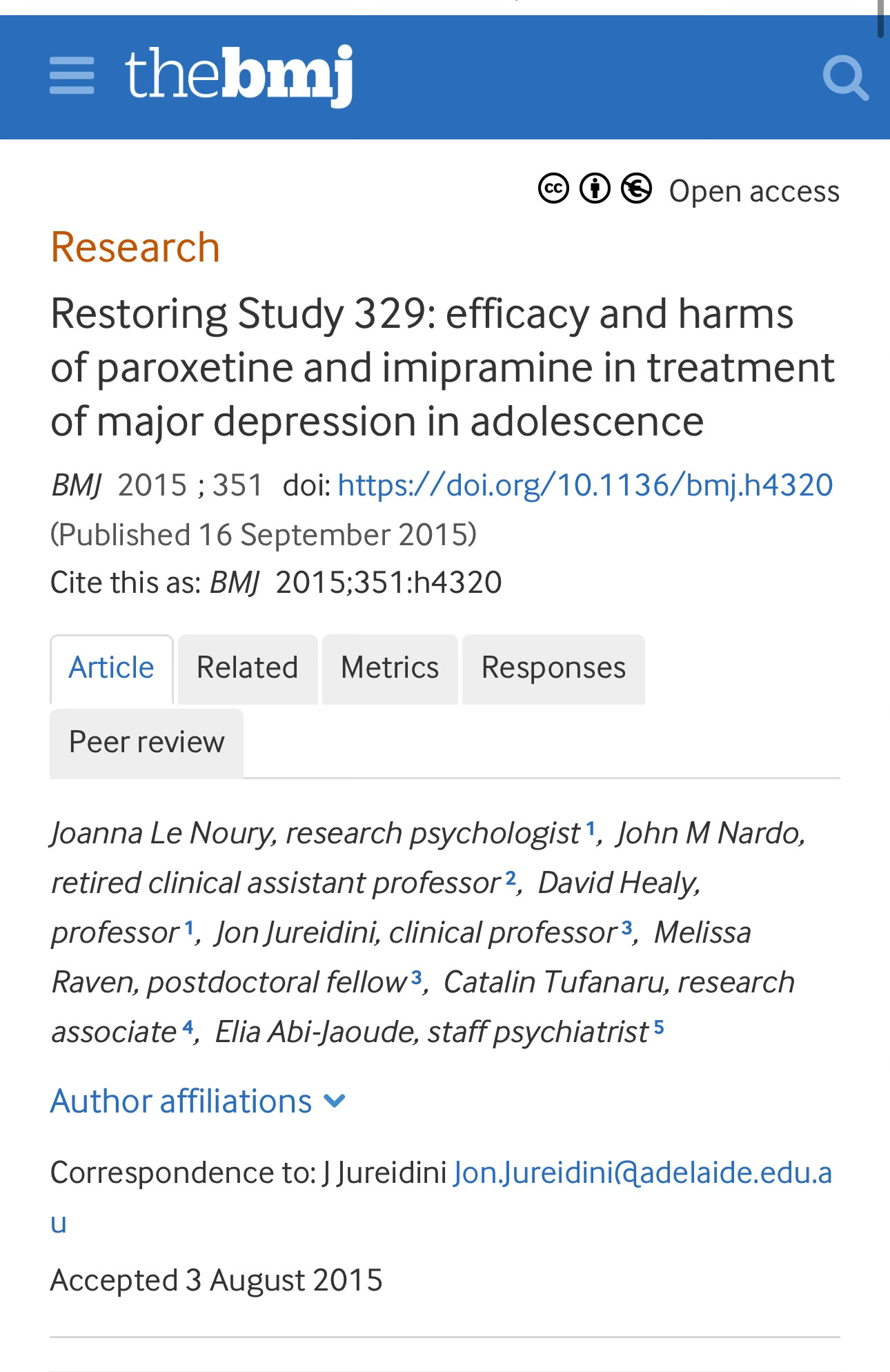





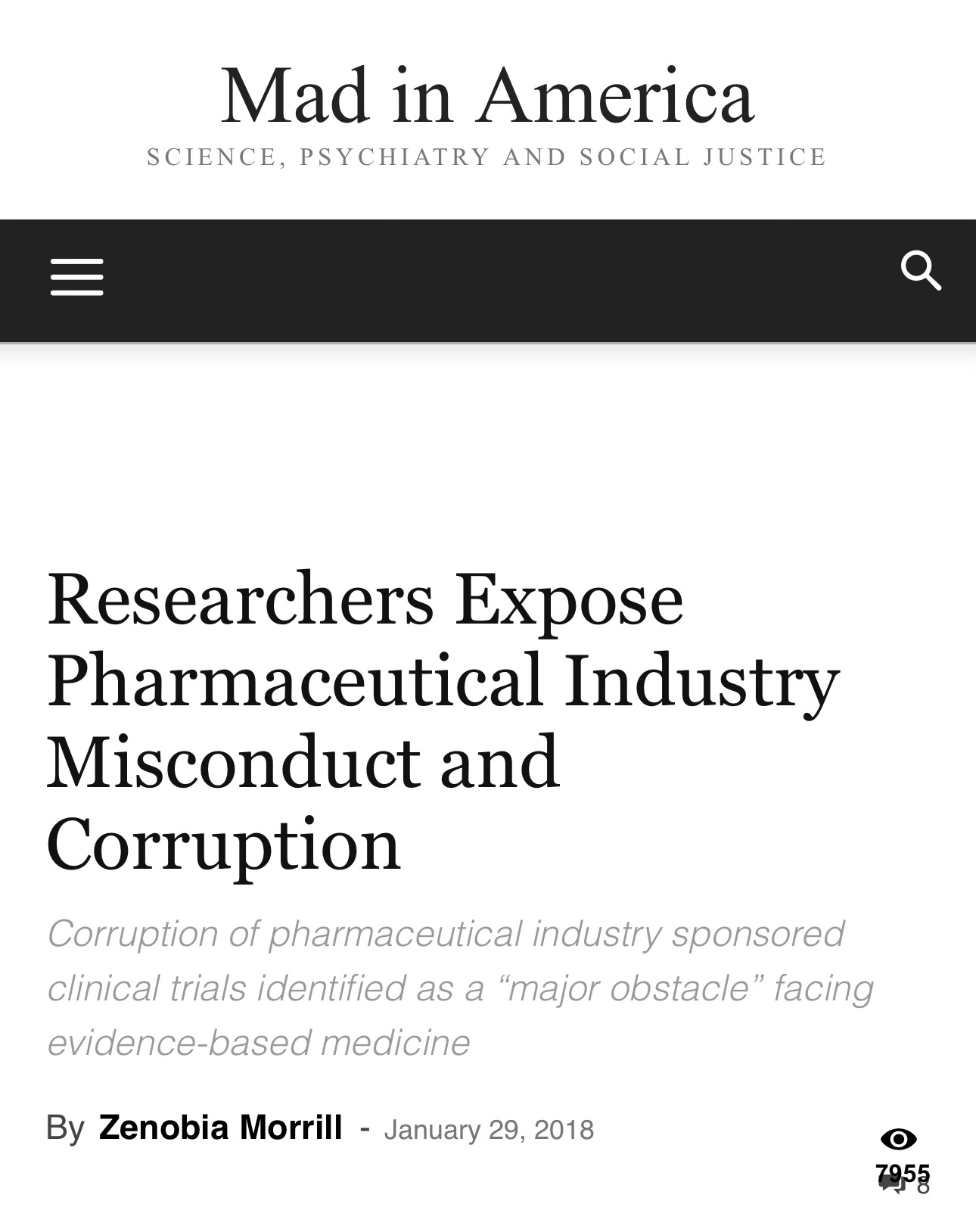


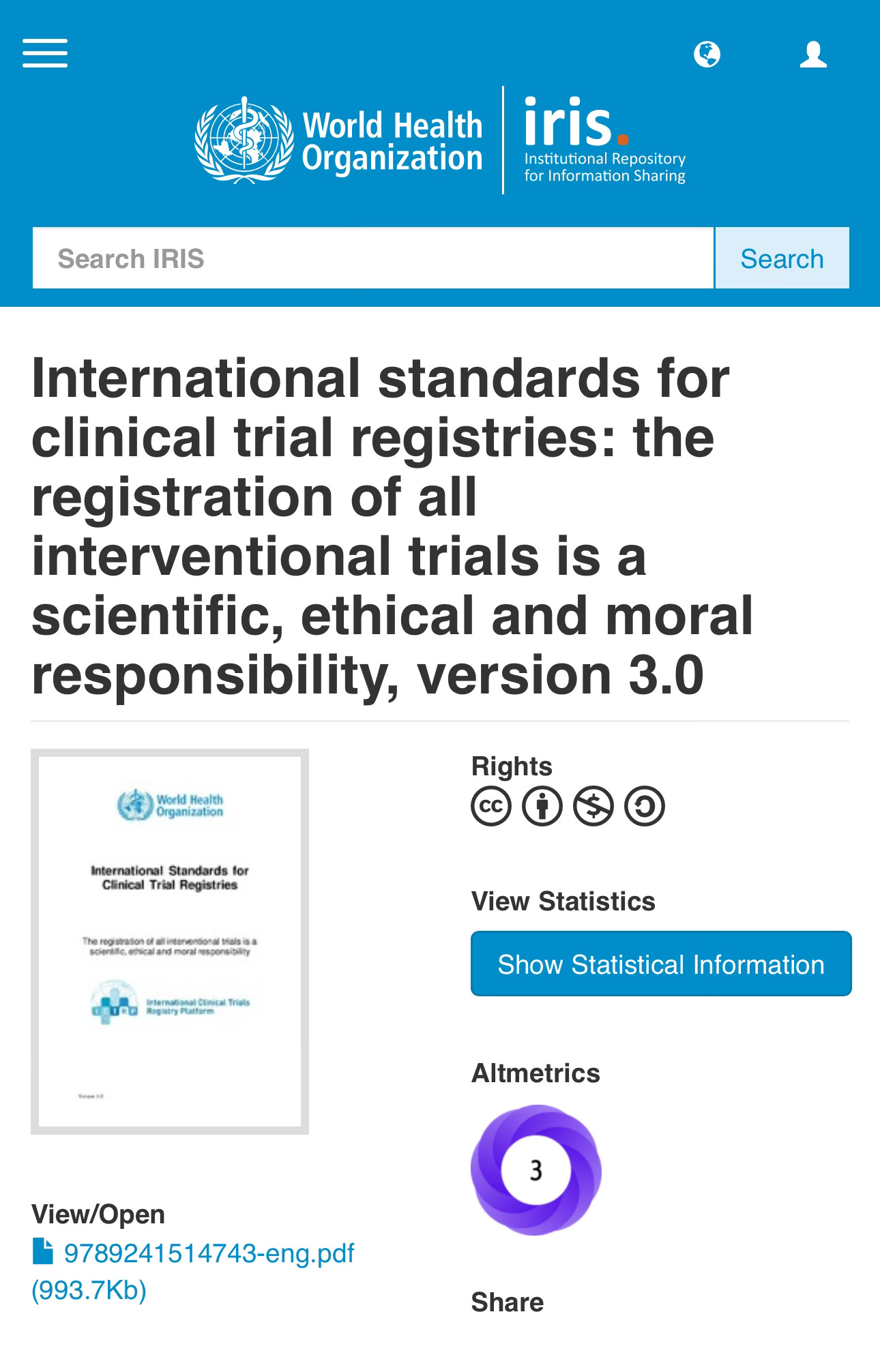
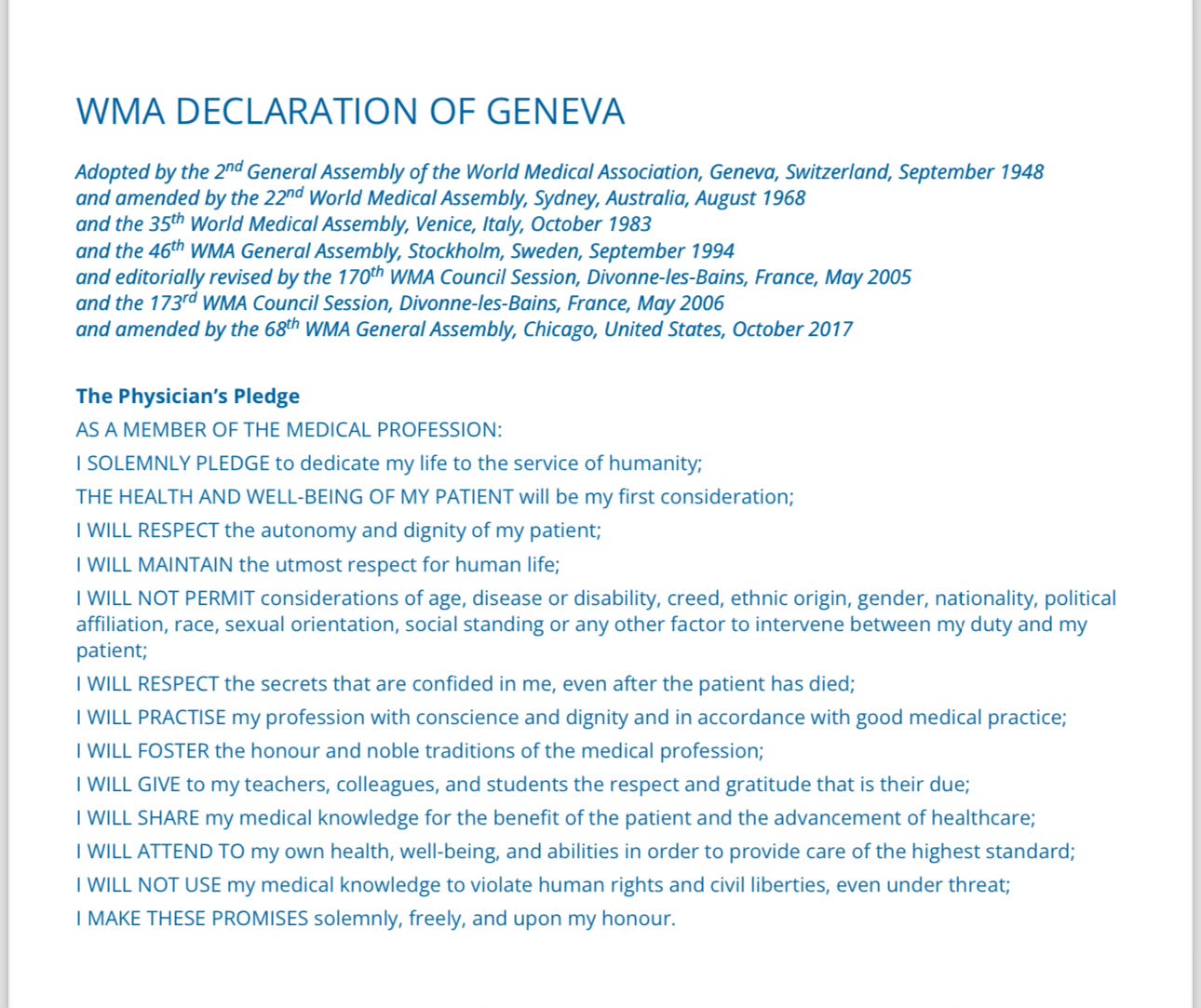


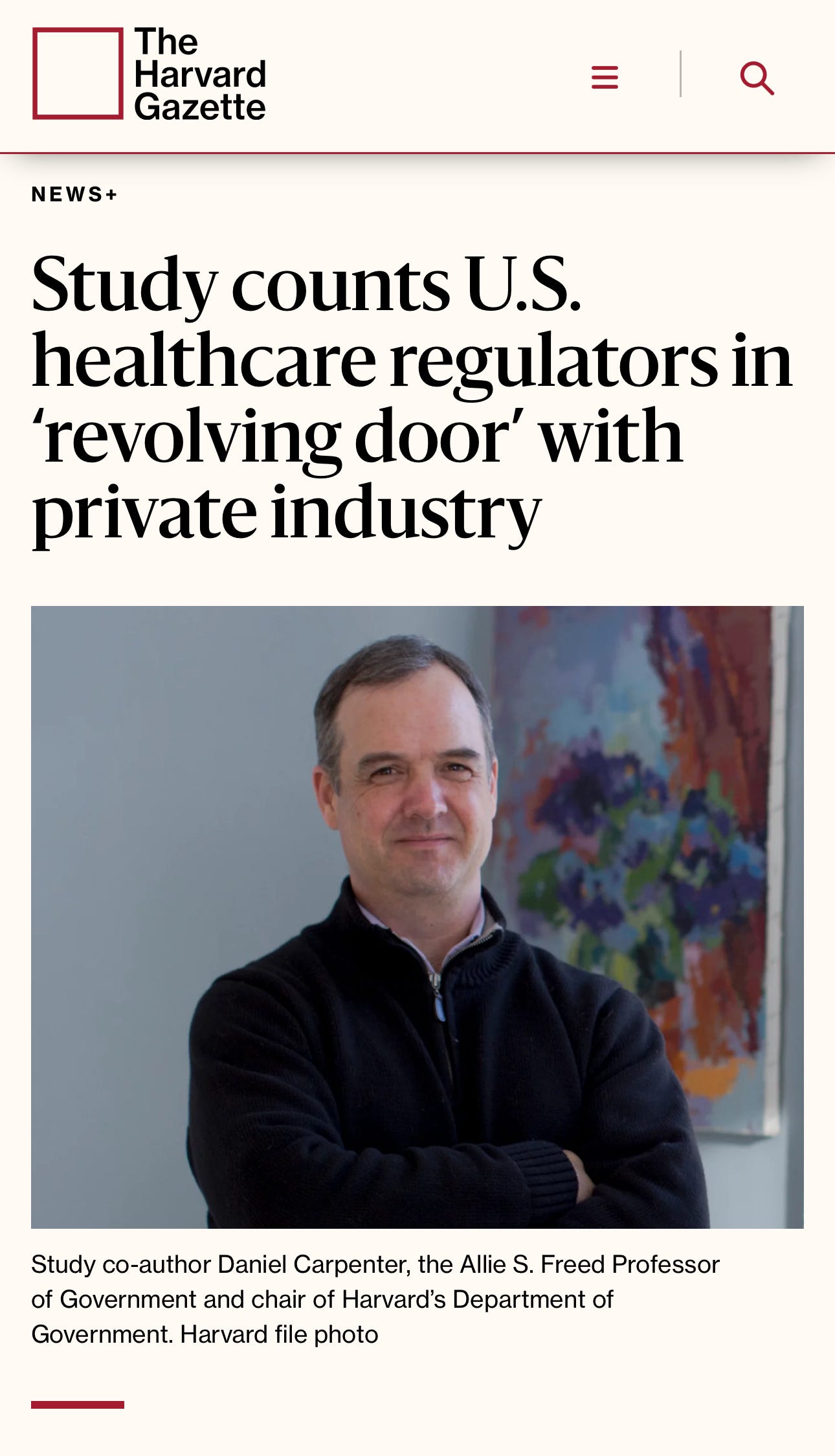
Great compilation - thank you!
If we could get one topic through, this would be an ideal candidate..
Great summary; I've filed a copy for future reference. Was surprised by the Dickens quote - did not expect Chardonnay to be such a thing in Dickens's era but I checked ... and Chardonnnay grapes were first planted/developed in the 12th century.